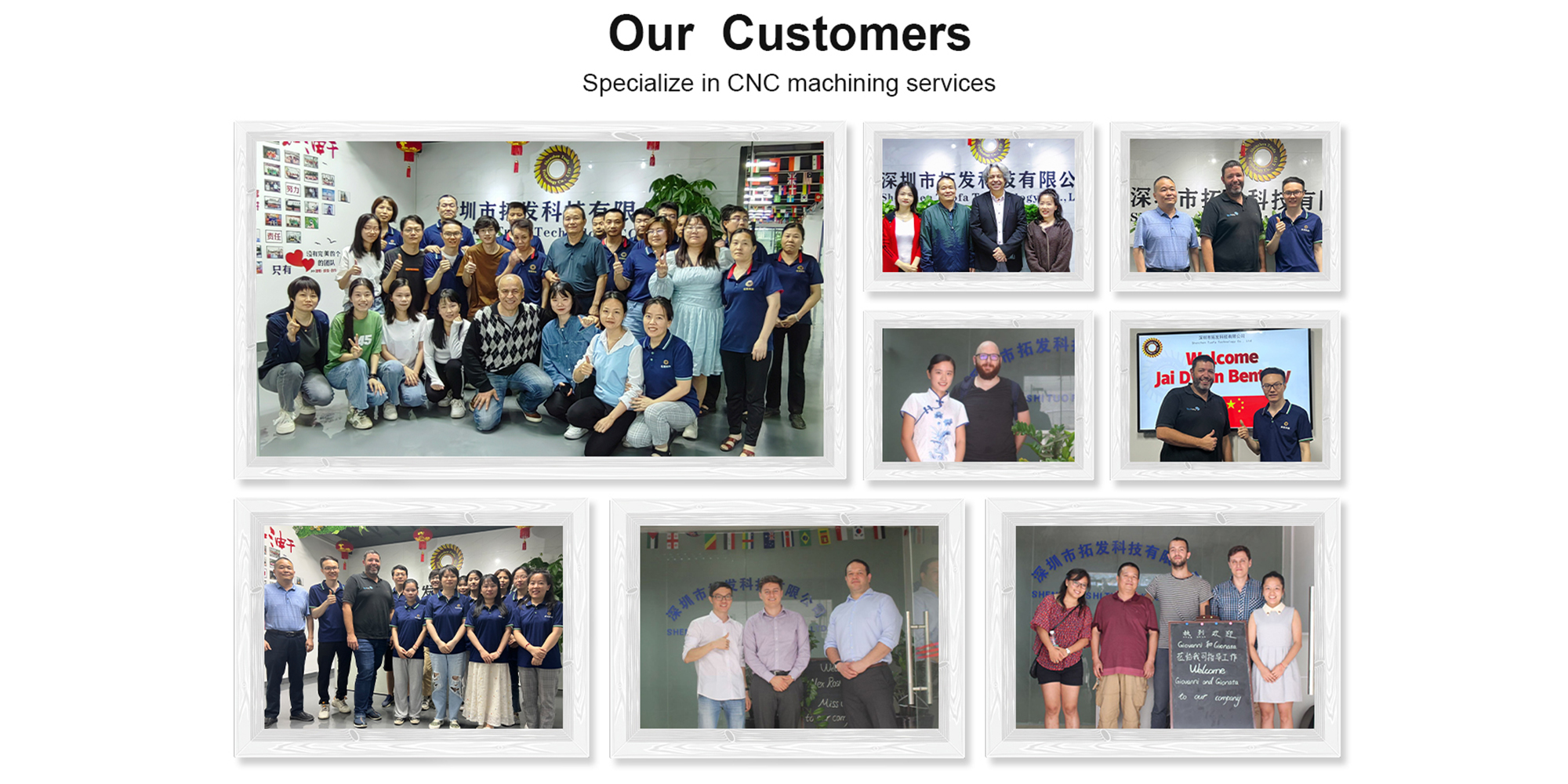Proven Results and Impacts
Dive into detailed analyses of how our CNC machining services have positively impacted our clients’ operations. These case studies showcase tangible benefits such as cost reduction, enhanced performance, and accelerated production timelines.

Case Study 1: Design Optimization and Cost Reduction
Challenge: An aerospace client needed a complex component, but the initial design was prohibitively expensive for production.
Solution: By implementing Design for Manufacturing (DFM) principles, our engineering team redesigned the component to simplify its manufacturing process. This approach minimized material usage and streamlined production steps without compromising performance.
Outcome:
Economic Impact: The client was able to market their product at a competitive price, increasing their market share by 10% due to the cost-effectiveness and rapid availability of the components.
Case Study 2: Rapid Production Line Establishment
Challenge: An automotive parts supplier needed to urgently mass-produce a critical component due to a supply chain disruption.
Solution: We mobilized our resources to operate our CNC machines 24/7, prioritizing this project over others to meet the client’s urgent demand.
Outcome:
Economic Impact: The client avoided an estimated $2 million in lost sales by maintaining production line operations without interruption.
Case Study 3: Innovative Material Application
Challenge: A medical device manufacturer required a corrosion-resistant and biocompatible material for surgical tools.
Solution: We recommended a high-grade stainless steel alloy, known for its durability and compatibility in medical applications. Precision CNC machining was used to meet exacting medical standards.
Outcome:
Economic Impact: Reduction in tool replacement costs and increased sales due to superior product performance and reliability.
Case Study 4: Rapid Prototyping of Complex Components
Challenge: A tech company needed rapid prototyping to test new high-performance sports equipment components.
Solution: We utilized our advanced CNC machinery to quickly produce accurate and complex prototypes for design validation.
Outcome:
Economic Impact: The client reduced overall R&D costs by 15% and increased market competitiveness by launching the product ahead of competitors.
Case Study 5: Marine Component Application and Environmental Adaptation
Challenge: A client specializing in marine equipment required a durable component capable of withstanding harsh marine environments for their deep-sea exploration equipment. This component needed to resist saltwater corrosion, pressure variations, and temperature extremes, crucial for the safety and operational efficiency of their operations.
Solution: We selected a high-grade titanium alloy, which offers superior strength, corrosion resistance, and lightweight properties, ideal for marine applications. Our team used advanced CNC machining techniques to achieve precision in the fabrication process. We also employed a dual-coating system: a base layer of marine-grade epoxy followed by a topcoat of moisture-cured urethane, enhancing the component’s resistance to saltwater and ultraviolet light.
Outcome:
Economic Impact: The client reported a 20% reduction in maintenance costs due to the enhanced durability and longer life span of the component. Additionally, the improved efficiency and reliability of the equipment facilitated a 15% increase in operational uptime, significantly boosting the client’s productivity and profitability.
